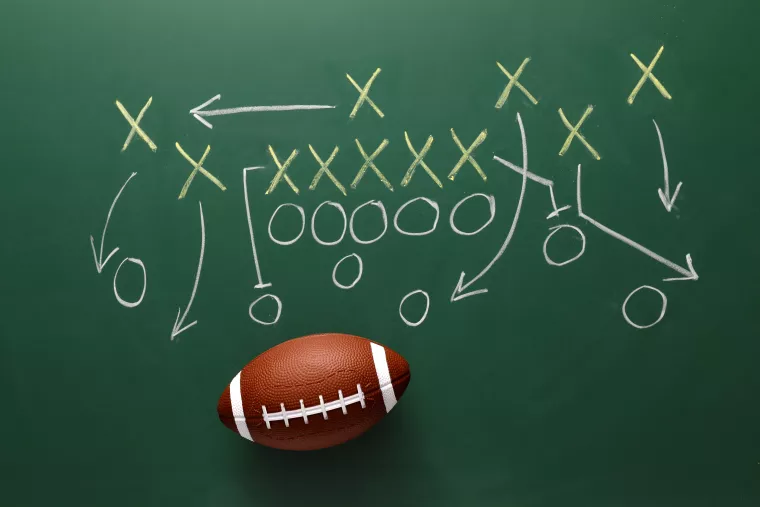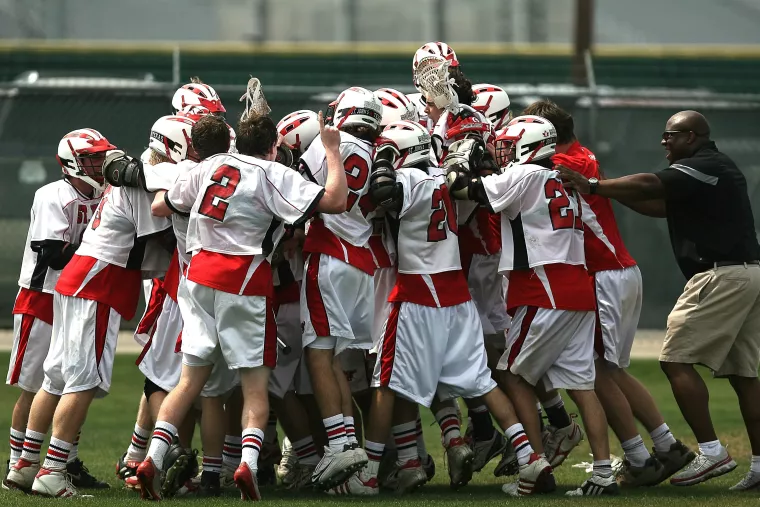Building a mentally strong foundation
- Provide evidence of the relationship between sleep and both sport performance and emotional health
- Learn the power of practicing getting to a focused state on a daily basis
- Discuss the importance of team work and goal setting in providing a solid base for emotional management
“Between stimulus and response, there is a space. In that space lies our freedom and power to choose our response. In those choices lie our growth and our happiness.”
Fueling the machine: Sleep is for champions
Your body needs to sleep in order to be in the best shape to perform. Getting good sleep improves speed, accuracy and endurance. Good quality sleep also helps your emotional state, making it easier to handle stressful events. But it can be hard to prioritize sleep when you’re balancing school, sports and social commitments.
“Sleep is extremely important to me—I need to rest and recover in order for the training I do to be absorbed by my body.”

Frequently asked questions:
How can you get good sleep?

Getting to a focused state
In order to perform at your best as an athlete, you need to be able to make rapid decisions in this moment, and this is best done in a focused alert state---what some call “flow.” When you’re in a flow state, you’re only paying attention to what’s happening in the moment, whether it be catching the ball, grabbing the baton or shooting the basket. Replaying the past or worrying about the future make it hard to perform at your best because they take up needed brain power. But getting to this level of deep focus just doesn’t happen, it requires steady practice of working towards this level of mental skill.
“Mental fitness means presence. No matter what I’m doing, my attention is locked. It means awareness. I can see my surroundings with clarity and I can calculate my options.”

Frequently asked questions
Building trust
- All coaches want their team to be successful, but what makes a winning team? TRUST. Athletes need to trust themselves, each other, and you as a coach. You need to all be working towards the same goal.
- Athletes who value team goals will choose the path that benefits the team over their own interests.
"Talent wins games, but teamwork and intelligence wins championships."

Take the time to develop team goals:
- Hold a team meeting and start by talking about what you hope to achieve that season.
- You can set a big goal (like winning the championship), but then you need to break that goal down into smaller goals.
- Spend time to figure out everyone’s role in working towards your goals.